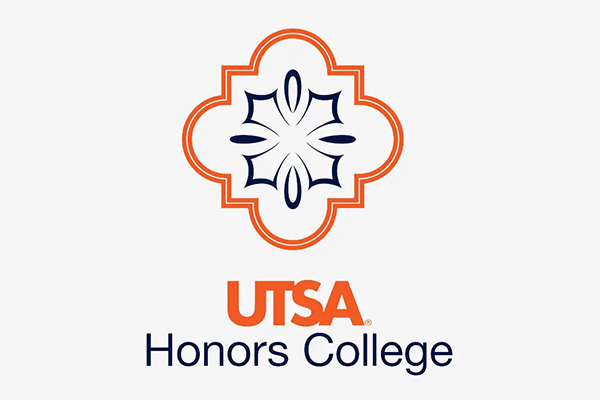Skill Development as an Honors Experience
We define Skill Development as the practice of working on projects outside your major or career path. It involves sustained training, practice, and participation in a field not directly related to your major or professional goals. This can also include hobbies, personal goals, other academic goals, or secondary professional interests that you may have. Outside of your college requirements, what do you like to do? What else do you want to explore in your life?
Building skills outside of your career path helps you become a well-rounded individual with knowledge and ability in multiple areas. In Honors, we encourage our community members to develop themselves holistically. This includes developing both hard and soft skills.
Hard skills include technical training, language, writing and editing, and other things that you can train up through classes, certifications, or practice.
Soft skills are different. They include areas such as communication, organization, work ethic, teamwork, flexibility, creativity, and leadership. By honing soft skills you can become a more competitive candidate for job interviews. Soft skills can also help you network and work better in teams.
While hard skills are quite different than soft skills, the combination of the two creates a good balance between knowledge and interpersonal attributes. Hard skills show mastery and proficiency while soft skills show communication and relational abilities. Engaging in Skill Development can also help build your character and make you a stronger and more interesting person who can contribute more to your community.
Whether you choose to develop hard or soft skills, these additional skillsets might prove valuable in the future should you pursue new career directions or additional responsibilities in a promotion.
Past Honors students have set and achieved goals for themselves by receiving training or apprenticeship in cooking, writing, woodworking, music, and jewelry-making. Students have developed teaching and leadership skills by being tutors, peer coaches, and orientation leaders. Others have learned new languages or developed coding skills outside of their major and career path. Options for experiences in Skill Development are wide-ranging and truly depend on your individual goals and interests:
- Technical Training: Coding skills; website building skills in Wordpress or Drupal
- Writing and publishing: Blog writing; technical writing, publishing; creating a YouTube channel
- Arts: Performance in a play; working as a tech in a theater
- Language training outside of your major requirements
Applying credit for Skill Development to satisfy Honors SPICES requires a minimum of 75+ hours time on task while supervised/mentored, have a stated goal to be reached by the end of the project, and submission of an experience approval form. For more information on Honors College Experience requirements, visit the Experience Approval Process page.
A successful Skill Development experience will help you learn more about your interests and meet goals you’ve created to bring you into a deeper understanding and capability of that interest. You should learn more about your interest and bring your skillset to a higher level in a tangible way.

Opportunities within the Honors College
The Honors College offers students the opportunity to participate in a number of different programs to further expand knowledge, especially in the realms of professional development, leadership development, and public service. Special programs are fully integrated into the Honors College curriculum, making credit transfer simple and ensuring that students are working toward Honors requirements.

